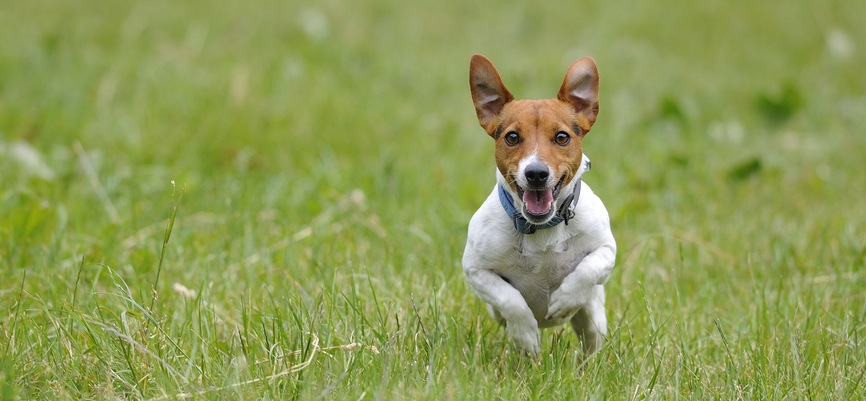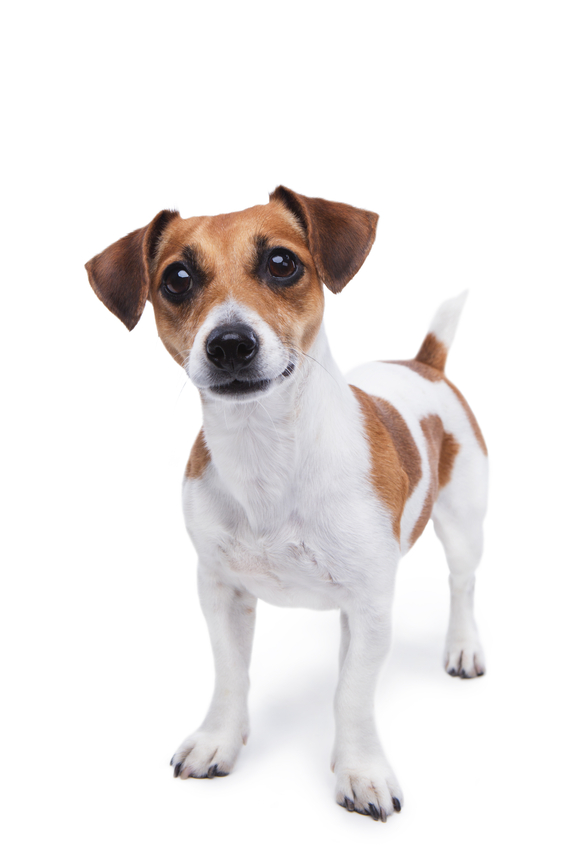Lameness Series – Part One
Lulu’s been skipping on her back leg again. But is this a clever party trick or a sign of a more serious problem?

f you’ve noticed this happen with your dog, you’re not the only one, says Dr Tash. ‘It may look funny, but it’s actually not a good thing as it indicates that there is a structural problem with the knee. It can also be quite sore for your pet. What’s happening is that the kneecap, or patella, is not functioning properly – it’s slipping out of the patella groove when it should be sitting firmly in it. This is due to a developmental problem and can involve a number of issues, including a shallow groove and patella ligament misalignment due to the femur and tibia not lining up properly. Luxating patella, to give it its proper name, is a problem that we see primarily in smaller dogs and symptoms are often noticed at an early age.
hen the kneecap pops out of the groove, that’s when the dog’s leg locks and he/she starts to skip or just hold the leg up. After a few steps, the dog can usually pop the kneecap back in and starts walking normally again. This is a chronic, deteriorating condition – as the kneecap continues to pop in and out, it further wears down the ridge that is supposed to hold it within the groove. Eventually, it may sit out of the groove most or all of the time. A long-term result of this condition is the progression to arthritic changes within the knee joint. Some dogs can end up severely disabled and unable to use the leg.’
Dogs respond very well to surgical correction of the knee and, as with so many other conditions, early treatment offers better outcomes, Dr Tash continues. ‘Surgery is designed to deepen the patella groove and correct the alignment of the patella ligament. If this is performed before any sign of osteoarthritis, the outlook is very promising and there is no reason not to expect a return to normal function.’
In the coming editions of this newsletter, we will explore other causes of lameness, such as cruciate ligament tears, hip and elbow dysplasia, and spinal conditions. Remember to never give any human pain relief to your pet (e.g. Panadol, Neurofen, Voltaren, Aspirin) as these can be toxic. Always seek advice from your veterinarian first.
‘A long-term result of this condition is the progression to arthritic changes within the knee joint’

